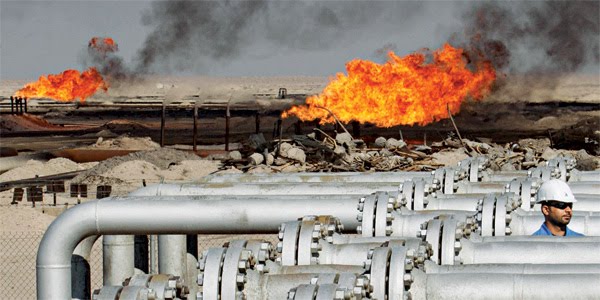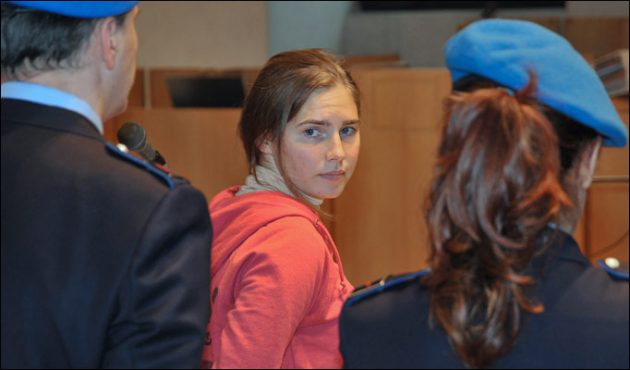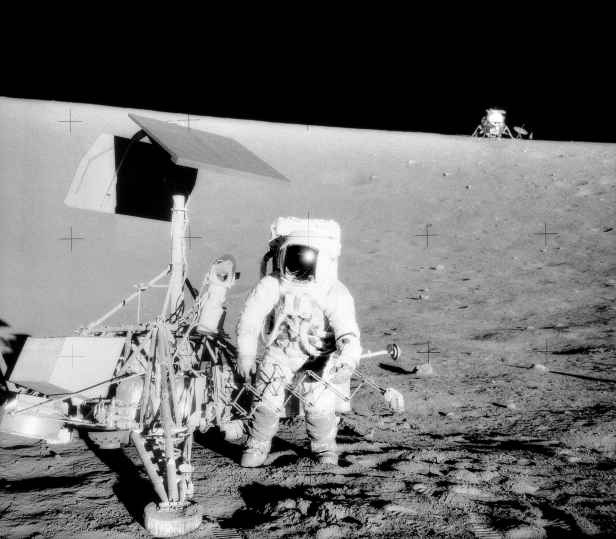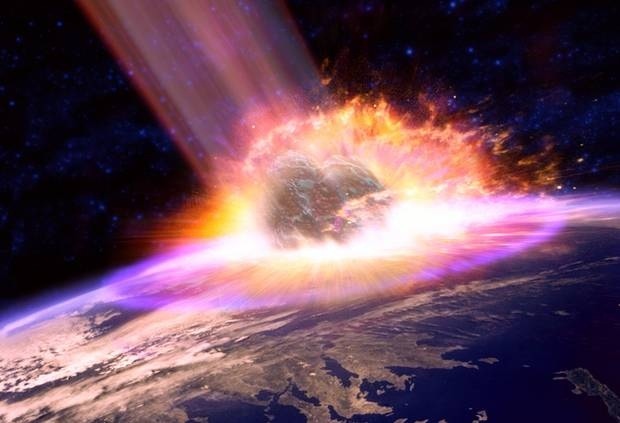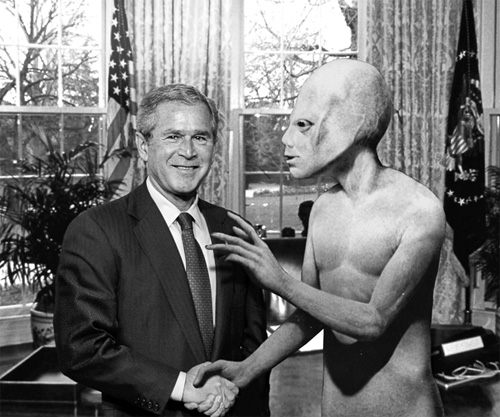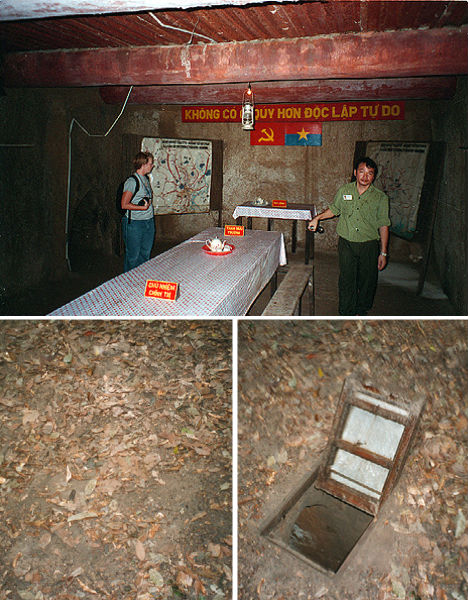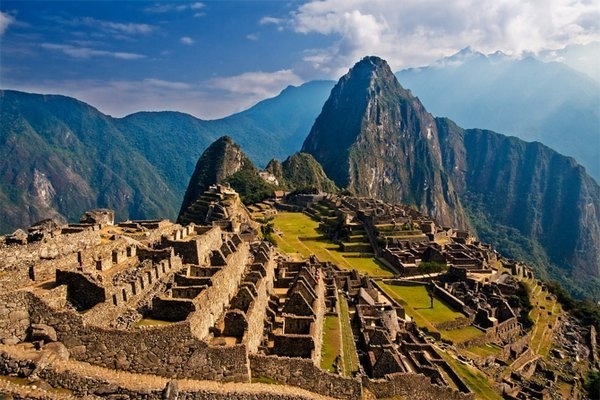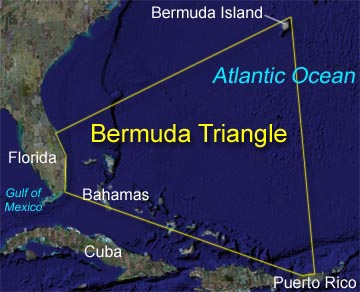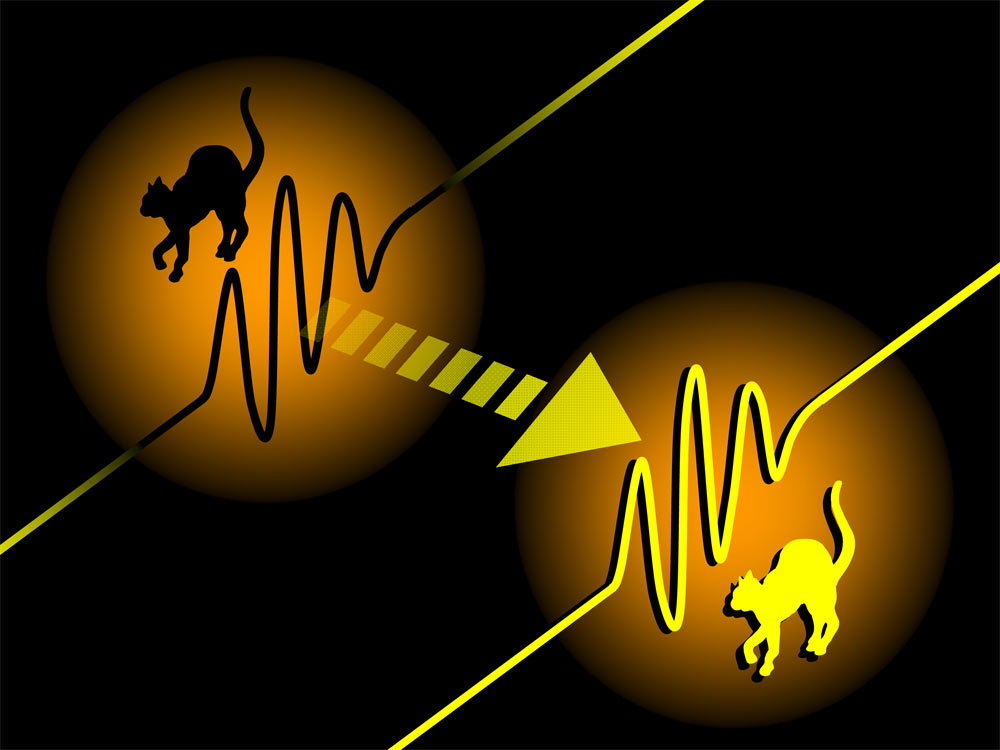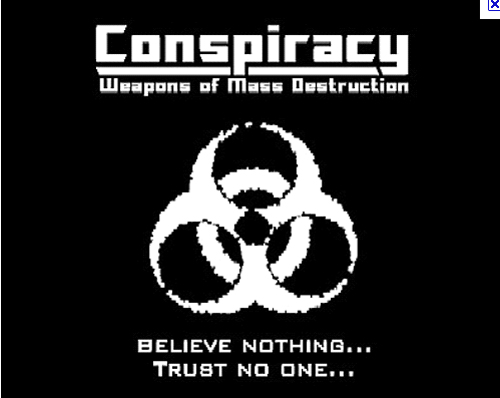 What follows are some of the most shocking modern conspiracy theories that turned out true after thorough investigation by our society. Some through congressional hearings, others through investigative journalism. Many of these, however, were just admitted to by those involved. These are just some of them, Many of these are listed with original and credible news clips on the matter, as well as documentaries.
What follows are some of the most shocking modern conspiracy theories that turned out true after thorough investigation by our society. Some through congressional hearings, others through investigative journalism. Many of these, however, were just admitted to by those involved. These are just some of them, Many of these are listed with original and credible news clips on the matter, as well as documentaries.
1.
The Dreyfus Affair: In the late 1800s in France, Jewish artillery officer Alfred Dreyfus was wrongfully convicted of treason based on false government documents, and sentenced to life in prison. The French government did attempt to cover this up, but Dreyfus was eventually pardoned after the affair was made public (an act that is credited to writer Émile Zola).
2.
The Mafia: This secret crime society was virtually unknown until the 1960s, when member Joe Valachi first revealed the society’s secrets to law enforcement officials. What was known was that organized crime existed, but not that the extent of their control included working with the CIA, politicians and the biggest businesses in the world.
3.
MK-ULTRA: In the 1950s to the 1970s, the CIA ran a mind-control project aimed at finding a “truth serum” to use on communist spies. Test subjects were given LSD and other drugs, often without consent, and some were tortured. At least one man, civilian biochemist Frank Olson, who was working for the government, died as a result of the experiments. The project was finally exposed after investigations by the Rockefeller Commission
Operation Mockingbird: Also in the 1950s to ’70s, the CIA paid a number of well-known domestic and foreign journalists (from big-name media outlets like Time, The Washington Post, The New York Times, CBS and others) to publish CIA propaganda. The CIA also reportedly funded at least one movie, the animated “Animal Farm,” by George Orwell. The Church Committee finally exposed the activities in 1975.
Manhattan Project: The Manhattan Project was the codename for a project conducted during World War II to develop the first atomic bomb. The project was led by the United States, and included participation from the United Kingdom and Canada. Formally designated as the Manhattan Engineer District (MED), it refers specifically to the period of the project from 1942–1946 under the control of the U.S. Army Corps of Engineers, under the administration of General Leslie R. Groves. The scientific research was directed by American physicist J. Robert Oppenheimer. The project’s roots lay in scientists’ fears since the 1930s that Nazi Germany was also investigating nuclear weapons of its own. Born out of a small research program in 1939, the Manhattan Project eventually employed more than 130,000 people and cost nearly US$2 billion ($22 billion in current value). It resulted in the creation of multiple production and research sites that operated in secret. With the total involved, this makes it one of the largest conspiracies in history. Entire towns were built for short periods of time, employing people, all under secrecy and top national secrecy at that. The government never admitted to it, the media never reported on it, and people had no idea for over 25 years. Project research took place at over thirty sites across the United States, Canada, and the United Kingdom. The three primary research and production sites of the project were the plutonium-production facility at what is now the Hanford Site, the uranium-enrichment facilities at Oak Ridge, Tennessee, and the weapons research and design laboratory now known as Los Alamos National Laboratory. The MED maintained control over U.S. weapons production until the formation of the Atomic Energy Commission in January 1947.
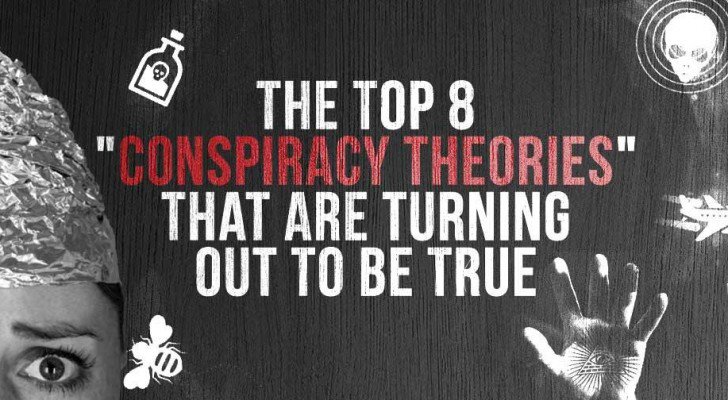
Watergate: Republican officials spied on the Democratic National Headquarters from the Watergate Hotel in 1972. While conspiracy theories suggested underhanded dealings were taking place, it wasn’t until 1974 that White House tape recordings linked President Nixon to the break-in and forced him to resign.
Operation Northwoods:In the early 1960s, American military leaders drafted plans to create public support for a war against Cuba, to oust Fidel Castro from power. The plans included committing acts of terrorism in U.S. cities, killing innocent people and U.S. soldiers, blowing up a U.S. ship, assassinating Cuban émigrés, sinking boats of Cuban refugees, and hijacking planes. The plans were all approved by the Joint Chiefs of Staff, but were reportedly rejected by the civilian leadership, then kept secret for nearly 40 years.
Author James Bamford, “A Pretext For War”, discusses the declassified “Operation Northwoods” documents revealing that in 1962 the CIA was planning to stage phony terrorist attacks on the US and blame it on Cuba to start a war:
The Iran-Contra Affair: In 1985 and ’86, the White House authorized government officials to secretly trade weapons with the Israeli government in exchange for the release of U.S. hostages in Iran. The plot was uncovered by Congress in 1987.
CIA Drug Running in LA: Pulitzer Prize Award winning journalist Gary Webb exposed this alongside LAPD Narcotics Officer turned whislteblower and author Michael Ruppert, CIA Contract Pilot Terry Reed, and many others. In August 1996 the San Jose Mercury News published Webb’s “Dark Alliance”, a 20,000 word, three-part investigative series which alleged that Nicaraguan drug traffickers had sold and distributed crack cocaine in Los Angeles during the 1980s, and that drug profits were used to fund the CIA-supported Nicaraguan Contras. Webb never asserted that the CIA directly aided drug dealers to raise money for the Contras, but he did document that the CIA was aware of the cocaine transactions and the large shipments of cocaine into the U.S. by the Contra personnel. “Dark Alliance” received national attention. At the height of the interest, the web version of it on San Jose Mercury News website received 1.3 million hits a day. According to the Columbia Journalism Review, the series became “the most talked-about piece of journalism in 1996 and arguably the most famous—some would say infamous—set of articles of the decade.”
Originally posted 2016-02-24 08:29:38. Republished by Blog Post Promoter

